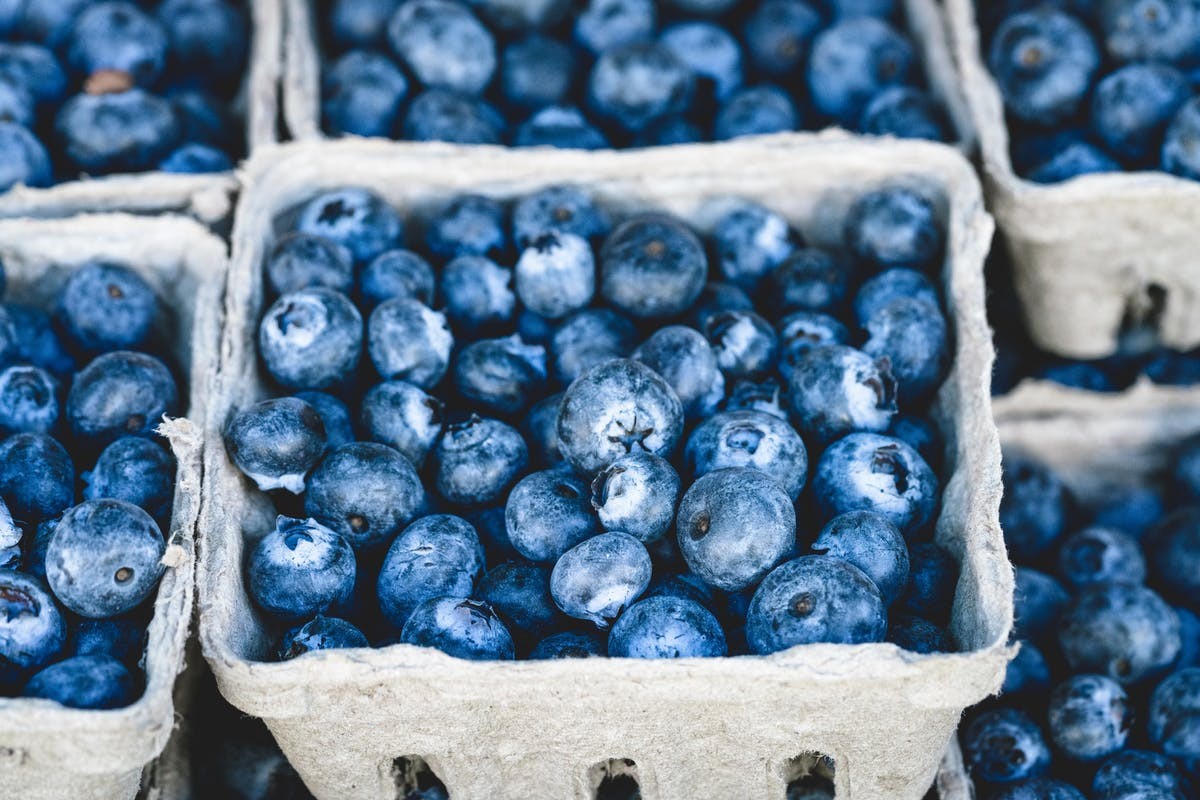Every day, more and more people are seeking out the organic label in grocery stores across the country, oftentimes paying a premium for organic foods.
According to the Organic Trade Association, consumer demand for organics has grown by double-digits every year for over a decade.
Driving this growth is a belief from consumers that organic foods are healthier than conventional. One group, in particular, is making organic a priority in their households.
Parents in the 18-34-year-old range age range are now the biggest group of organic buyers in America, according to a survey on the organic buying habits of US households.
Among US parents, 52% of organic buyers are millennials.
Is the growth of organic food a millennial trend? Or is it part of a bigger movement for better health and a more sustainable future?
Is Organic Food Healthier?
To answer this question, you may have to first consider your definition of what “healthy” means to you because organic food isn’t necessarily lower in sugar, fat, or calories compared to conventional.
But if your idea of healthier food means fewer chemicals, than YES! Organic food is healthier.
An analysis published in the British Journal of Nutrition examined over 343 peer-reviewed studies and concluded that organic foods have:
- Higher levels of beneficial antioxidants
- Lower levels of pesticide residues
- Lower levels of nitrogen compounds and cadmium, a potentially toxic metal.
Do Organic Fruits and Vegetables Have More Nutrients?
An apple is an apple, right? Not necessarily.
Studies have shown some mixed results when it comes to the nutrients of organically grown versus conventionally grown produce, but many of the results suggest organic foods have higher levels of antioxidants and micronutrients such as vitamins C.
You could get the equivalent of 20%- 40% more antioxidants in your diet just by switching to organic fruits and vegetables. In fact, one study found antioxidant levels as much as 69% higher in organic crops compared to conventionally grown.
What’s the big deal about antioxidants, anyway?
Antioxidants are compounds that work in your body to fight free radical damage that has been linked to aging, illness, heart disease, and stroke.
The National Cancer Institute states that “high concentrations of free radicals can be hazardous to the body and damage all major components of cells, including DNA, proteins, and cell membranes. The damage to cells caused by free radicals, especially the damage to DNA, may play a role in the development of cancer and other health conditions.”
Does Organic Food Have Fewer Pesticides?
Research at the UC Berkeley School of Public Health revealed that pesticide exposure could be substantially reduced by choosing a diet rich in organic fruits and vegetables.
Diet is the primary source of pesticide exposure for the general public. But a new study published in February 2019 in Environmental Research found that families who switched to eating a completely organic diet had reduced traces of pesticides in their system by an average of 60 percent after just six days.
Why should you care about reduced pesticide exposure?
Growing evidence has revealed many chemical pesticides as neurotoxic, particularly in the agricultural setting. One study at CERCH associated common organophosphates with decreased IQs among children in farmworker families in Salinas.
What’s the Difference between Organic and Non-organic Food?
Food that is certified organic must be grown or produced without the use of synthetic pesticides, antioxidants, and fertilizers, and be free from genetic engineering (GMOs), ionizing radiation, and sewage sludge.
Organic operations must demonstrate that they are protecting natural resources, conserving biodiversity, and using only approved processing methods for crops and livestock.
Animals raised organically are not given antibiotics or hormones.
In order to be labeled as organic, a food product must also be free of artificial food additives such as artificial sweeteners, flavorings, colors, and preservatives.
To carry the USDA Certified Organic Seal, foods must be verified to meet the following standards:
- Organic crops. The USDA organic seal verifies that irradiation, sewage sludge, synthetic fertilizers, prohibited pesticides, and genetically modified organisms were not used.
- Organic livestock. The USDA organic seal verifies that producers met animal health and welfare standards, did not use antibiotics or growth hormones, used 100% organic feed, and provided animals with access to the outdoors.
- Organic multi-ingredient foods. The USDA organic seal verifies that the product has 95% or more certified organic content. If the label claims that it was made with specified organic ingredients, you can be sure that those specific ingredients are certified organic.
Should You Eat Organic?
If your idea of eating healthier is increasing the number of antioxidants and reducing the amount of synthetic pesticides, herbicides, fertilizers, and artificial additives in your food, then organic food may certainly be the healthier choice for you.
To put it simply, anyone can benefit from eating organic.
But some people can benefit even more.
Why Kids Should Eat Organic Foods
The most popular synthetic pesticide used in the world today, RoundUp, is a glyphosate-based herbicide categorized by the World Health Organization as probably carcinogenic to humans. Since organically grown produce contains lower levels of herbicides, it becomes a healthier choice for those with less-than-healthy or developing immune systems.
Children are particularly vulnerable to chemical exposure while their brains are developing.
The American Academy of Pediatrics released a report recommending organic food for children due to convincing evidence of lower exposure to pesticides and less contamination of livestock with drug-resistant bacteria.
Organic Food: a Healthier Choice
Whether you’re purchasing certified organic foods from your corner market, subscribing to organic meal delivery services, or putting your dollars back into the local economy by supporting neighboring farmers who grow their produce organically – choosing organic is a healthier choice for you and the planet.











Join the GloWell Community on Social!
Don't risk missing a single thing. Follow us on social and become part of the GloWell community.